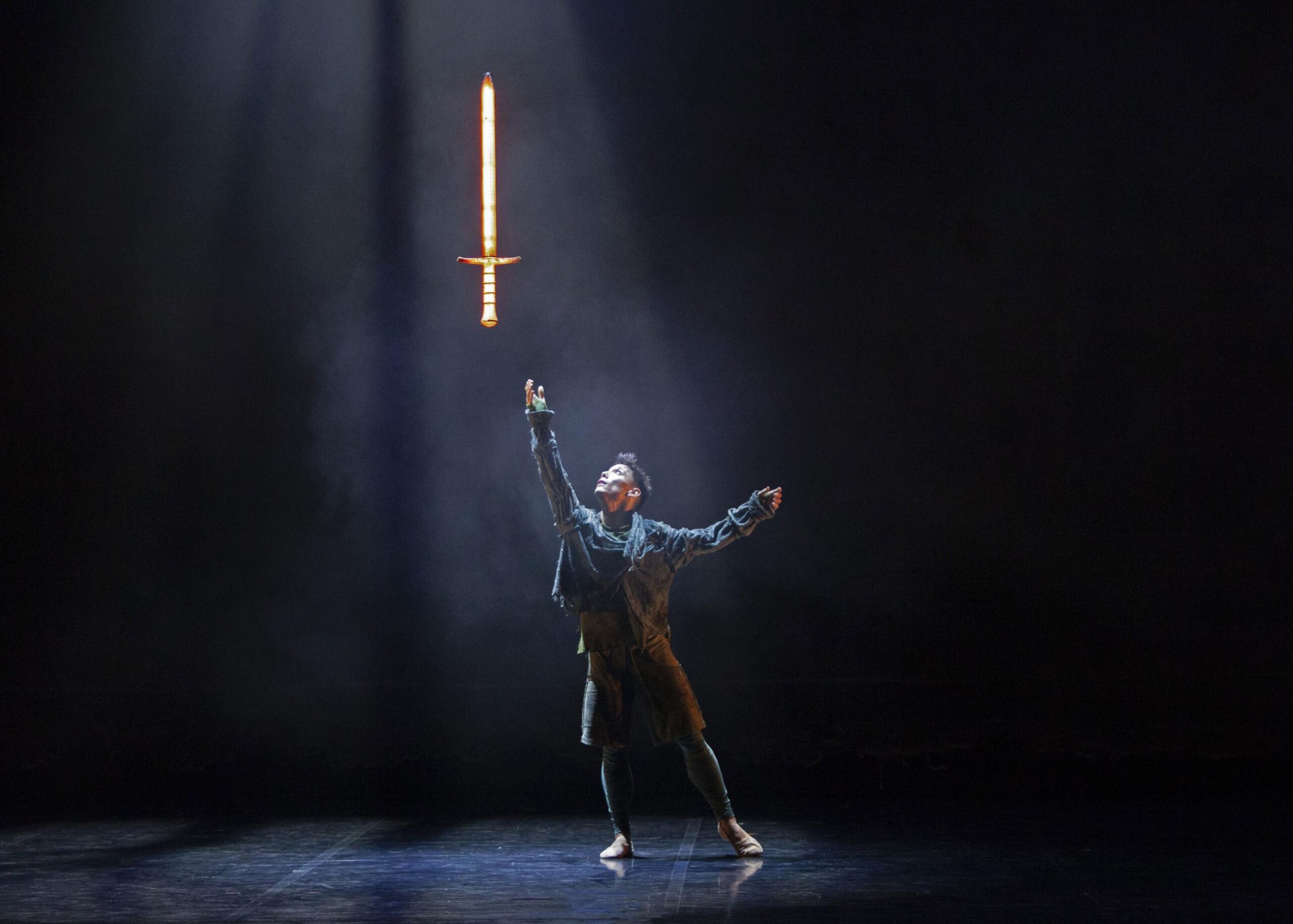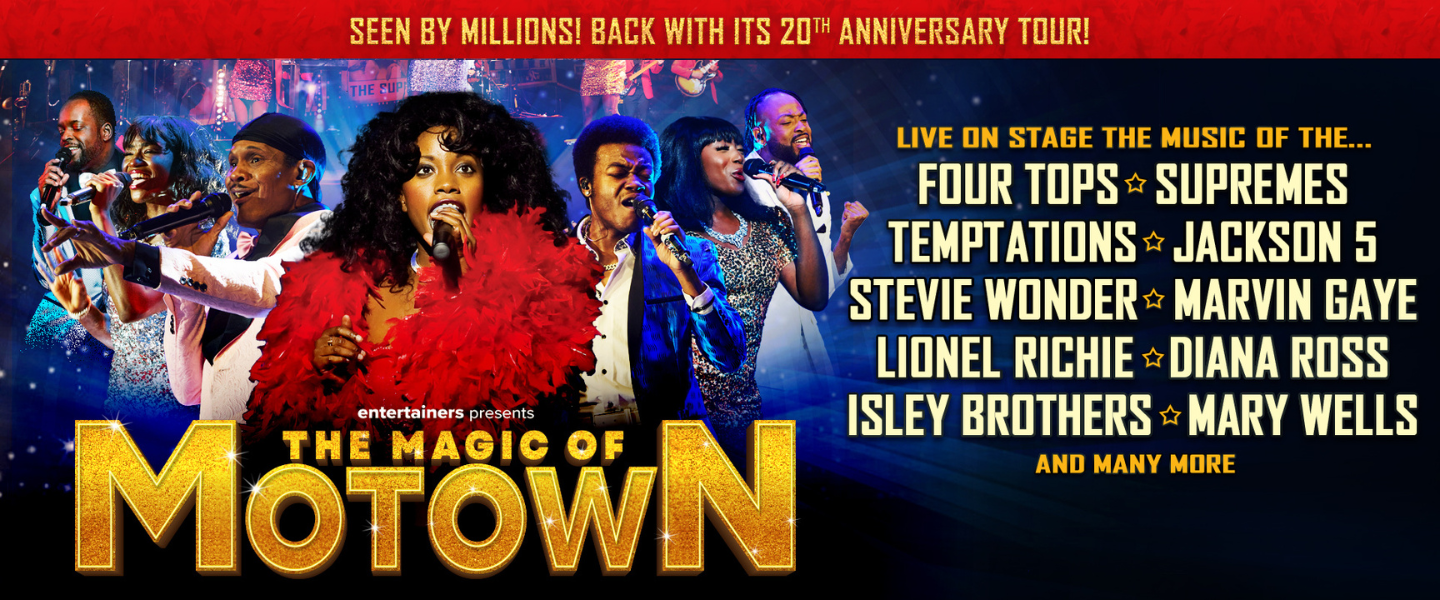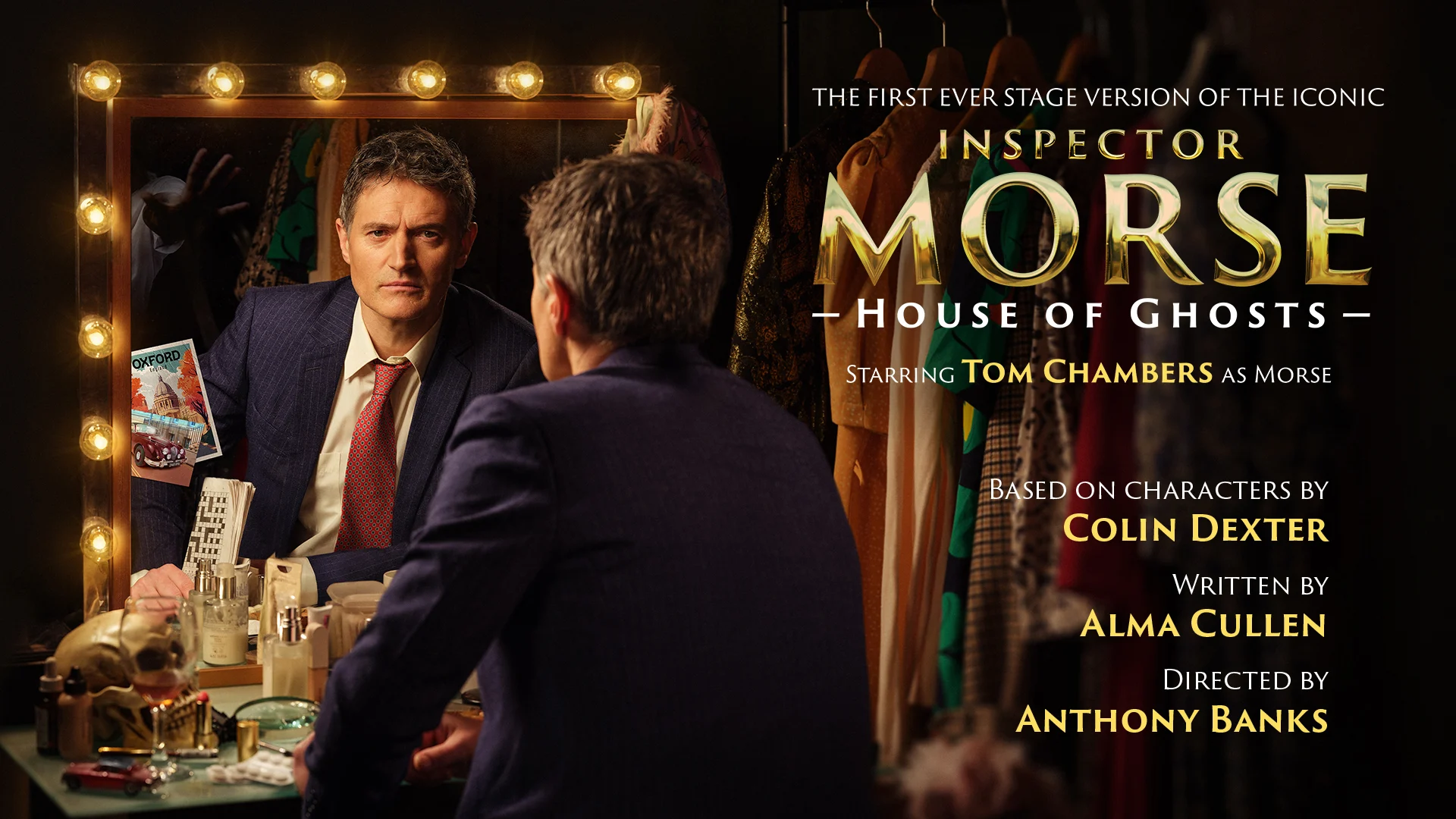
From the off, director Rebecca Morris’s bold decision to stage Hamlet in the Royal Concert Hall, a venue built for orchestras not actors, paid dividends. The cavernous space, with its pristine acoustics, became an unlikely yet powerful crucible for Shakespeare’s truths. Opening night buzzed with electric energy. Voices carried clearly, silences resonated, and the space itself felt transformed into Elsinore’s echoing halls.
By trimming the play down to around two hours and twenty minutes, the production retained emotional heft without overstaying its welcome. Key soliloquies such as to be or not to be and there are more things in heaven and earth landed with sharp clarity, while lesser moments faded away to allow greater focus. The pace was intense but never rushed.
Nearly 60 percent of the cast were newcomers to Shakespeare, yet the ensemble moved, spoke and breathed like seasoned professionals. Aoife O’Neill’s feisty Lady Hamlet was the spine of the Tuesday performance. She played the prince as nervy, sharp witted and viscerally reactive, her grief never still, always circling. Her get thee to a nunnery scene with Ophelia bristled with layered heartbreak and raw emotion. Matt Swan brought a smooth menace and surprisingly soft shades of regret to Claudius, making the villain feel unsettlingly human. Emily Kelsey as Horatio grounded the production with warmth and clarity. Every role, from the Players to the Grave Diggers to the Ghost, was treated with care. There were no wasted moments and no scene felt like filler.
The technical elements were just as finely judged. Lighting designer Rachel Elphick used colour and intensity to powerful effect, with haunting blues during the ghost scenes and crisp whites in moments of confrontation. Sound was expertly balanced by Ashley Simons and Paul Brooks, with music used sparingly and effectively to punctuate mood and tension. Occasional dropouts when actors turned away from microphones were minor and quickly forgotten in the rhythm of the performance.
Audience response was warm and genuine. Applause erupted at the end of Act One and swelled again as the final lights dimmed. In the foyer afterwards, conversations were animated. People were visibly moved and many expressed surprise at the emotional clarity and vocal confidence of a largely amateur cast. There was a strong sense of shared pride, a feeling that something truly significant had just unfolded.
This production was not just a show. It was a theatrical event born from community. The blend of experienced professionals and enthusiastic newcomers, the smart edits to the script and the inventive staging within an unorthodox space all combined into something both intimate and expansive. It felt like watching a local movement take flight and it soared.
Hamlet The Rest Is Silence transcended its setting. It was tight, vibrant and full of purpose. Aoife O’Neill’s Hamlet lingers long after the curtain has fallen, raw and emotionally combustible. This stripped back, ensemble driven version delivered moments of real power that will stay in the memory.
Follow Rebecca Morris and the Shakespeare Nation Company on social media to keep up with future shows.
Rebecca Morris
Shakespeare Nation Company







